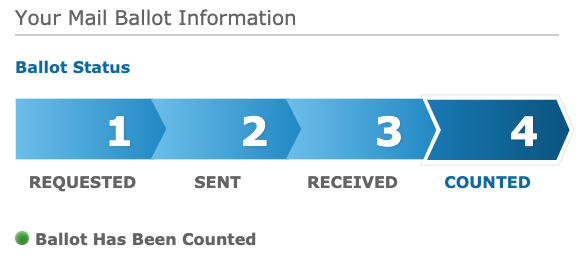
With the internet being a major source of information in modern society (for better or for worse), the issue of internet security has been given a great deal of attention. In fact, both the Republican and Democratic campaign platforms have dedicated entire clauses to it. Democrats would essentially preserve internet freedom as it is—largely a free environment, flawed though it is with piracy and illicit content, open to anyone willing to contribute. Their platform would impose little in the way of restrictions and would instead emphasize information security on the internet.
Republicans, however, would promote the influence of what they call “intergovernmental organizations,” essentially allowing the interference of a third party between you and your online holdings (this could even mean such property as your Facebook content, YouTube uploads, and other websites that host user-generated content). They also oppose the illegal distribution of pornography to children, particularly with respect to how easily these materials can be accessed by underage parties, and would censor the internet at will in an effort to slow piracy.
A measure like the Stop Online Piracy Act (also known as SOPA) was kind of like using a shotgun to kill a hornet—it was far too drastic a measure, it would’ve caused far more collateral damage than the meager benefits would justify, and it likely wouldn’t have solved the problems to which its creators thought it had solutions. Presented by right-wing representative Lamar Smith, it endangered much of what we know as the “free internet”. Thankfully, SOPA did not pass, but if the GOP campaign is to have its way, it would be difficult to block the passing of more legislation like SOPA.
The issue is of personal importance to me on two levels: one, the internet is used by nearly every person in America almost every day, myself included, either directly or indirectly. It is ingrained in our media, culture, economy, and our very worldview. Two, the internet is going to play a huge part in where the future of journalism is headed. The regrettable but inevitable death of print media means the internet will become an even bigger source of information than it already is, increasing global dependency on the World Wide Web. Placing bottlenecks and restrictions on the flow of internet information would almost certainly endanger career prospects in the field of communication.
By: Jason Dafnis